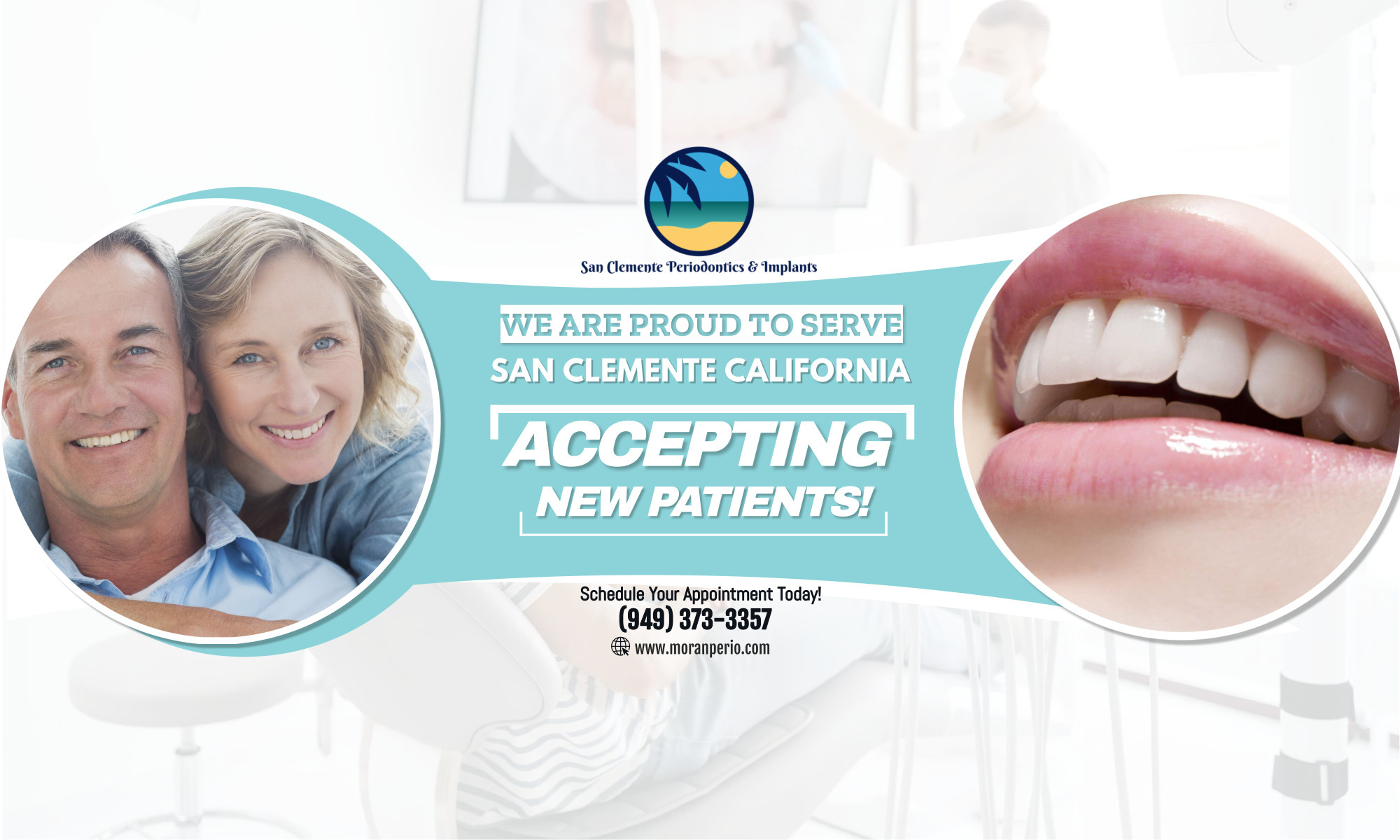Modern cosmetic dentistry has created many opportunities that did not exist before for people to improve their appearance and change the way they feel about themselves.
Although cosmetic dentistry really did not exist a few yaears ago, it now attracts interest from a wide range of people.
There are few people who don’t want to improve their appearance by making their teeth straighter and whiter so that they look better when they smile.
New technology and procedures have created many more opportunities for dentists to help patients look better.
One of the most important opportunities for doing this is porcelain veneers.
These are custom-made wafers that the dentist places over the front of the teeth to repair damage and make them look better.
They can overcome many cosmetic dental problems such as whitening stained or discolored teeth, closing gaps between teeth or correcting a crooked smile without the need for braces.
They can also cover up chips and imperfections so that the smile looks much better.
Another important cosmetic trend is the increased use of white fillings.
White fillings now are more lifelike than ever and they last longer than previously.
They have become the material of choice for many dentists as they blend in with teeth and look better.
If you feel your smile is less than perfect, talk to your dentist about how it could be better.
